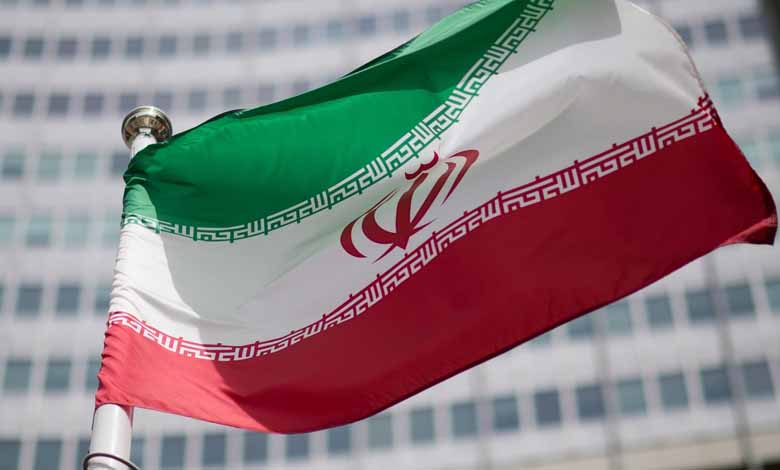Nuclear – Tehran provokes the world by seeking to build a nuclear bomb

Iran has continued its provocations and hostile acts aimed at destabilizing the international community and reaching its objectives that are troubling the world, and pressuring the international community to lift the siege and U.S. sanctions that were restored after the withdrawal of the United States from the Iranian nuclear agreement concluded in 2015, and implemented in 2016, following Iranian violations of the truce, and continued uranium enrichment at various levels that were not agreed upon.
Iran removed 27 cameras from its nuclear facilities, a move that the International Atomic Energy Agency described as a fatal blow to the Comprehensive Nuclear Action Deal or the Iranian nuclear deal, according to the US National Post magazine.
It added that Iran’s recent steps mean that it is touching the final nail in the coffin of the nuclear agreement, after Iranian officials removed the cameras installed in the country’s nuclear facilities, in a step that confirms Iran’s rejection of international monitoring and its malicious intentions to continue its nuclear program.
On Thursday, Iran informed the UN nuclear watchdog of its decision to remove cameras representing all surveillance equipment installed by the IAEA as part of the Joint Comprehensive Plan of Action (JCPOA) deal.
The Joint Comprehensive Plan of Action (JCPOA) was signed in 2015, limiting Iran’s ability to enrich uranium and placing all its nuclear facilities under international monitoring in exchange for Western sanctions relief, the magazine reported.
According to the magazine, the move came in response to the IAEA Board of Governors’ Wednesday approval of a resolution criticizing Iran for obstructing the investigation of an undeclared nuclear site.
Soon after, Tehran announced its retaliatory measures to remove the surveillance devices from its four nuclear sites, as well as plans to install more advanced centrifuges in an underground facility.
Rafael Grossi, director general of the International Atomic Energy Agency, who paid an official visit to Iran in March to try to salvage the deal, said: Such a move could deal a “fatal blow” to the JCPOA.
It gave the country a three- to four-week opportunity to reinstall the camera, noting that its removal would hinder IAEA monitoring of Iran’s nuclear facilities.
“This, of course, poses a serious challenge to our ability to continue working there”, the IAEA director general warned, while the U.S. State Department called Iran’s move to remove the surveillance cameras “deeply regrettable”.
In recent weeks, international media reports have suggested that Iran is seeking to enrich uranium in large quantities, bringing it closer to weapons-grade levels than ever before, increasing Iran’s ability to make a bomb, threatening the security and safety of the region and of the entire world, reportedly causing world powers to fear that negotiators will not be able to reach an agreement.
In 2015, the P5+1 signed the JCPOA agreement with Iran that allowed Tehran to scale down its nuclear program or enrich uranium in exchange for promises to lift economic sanctions.












